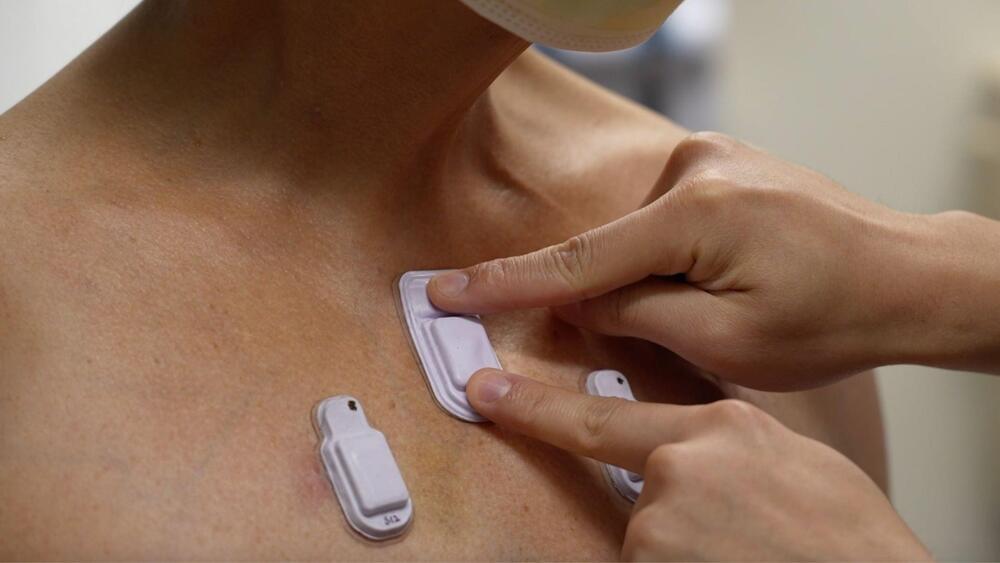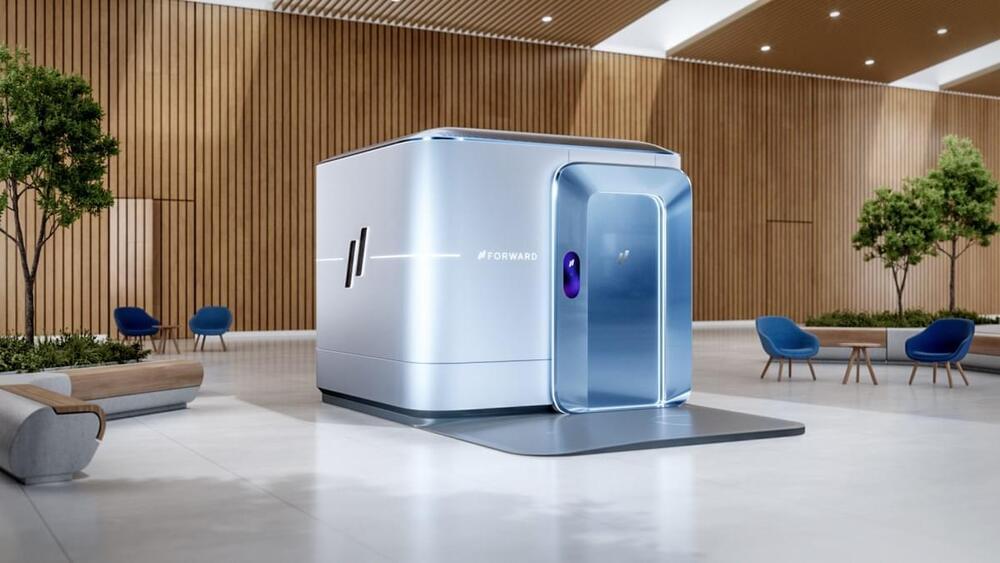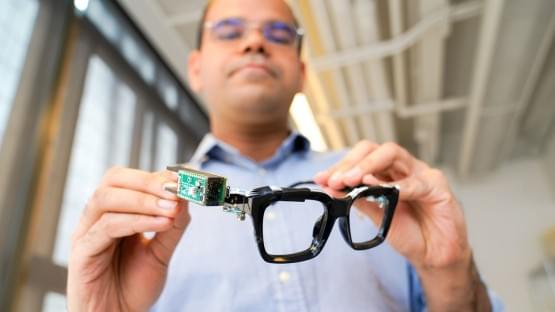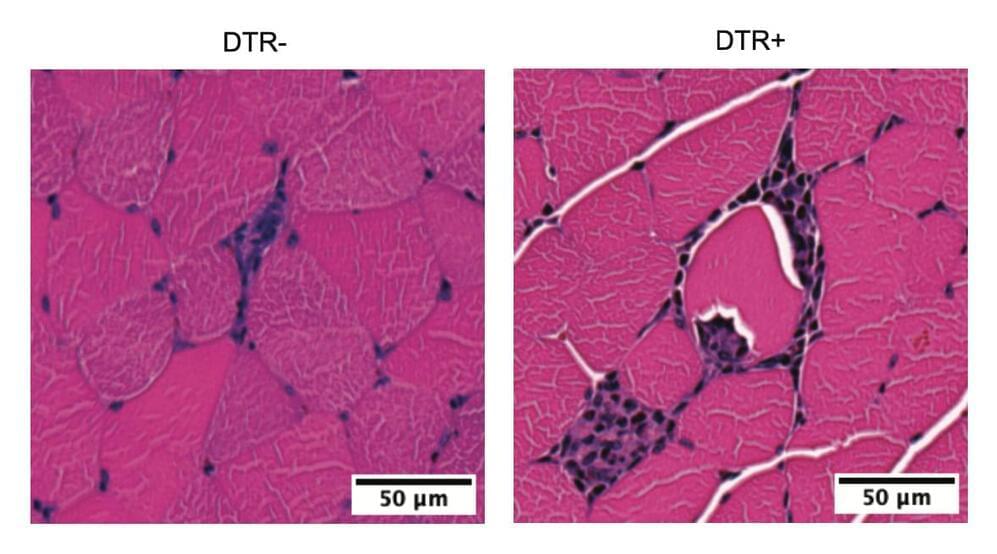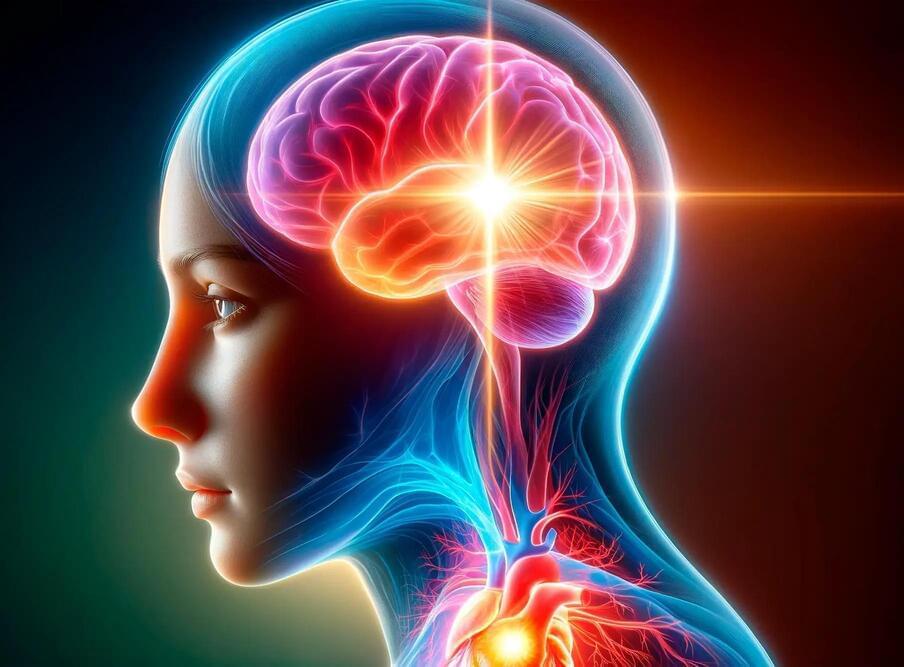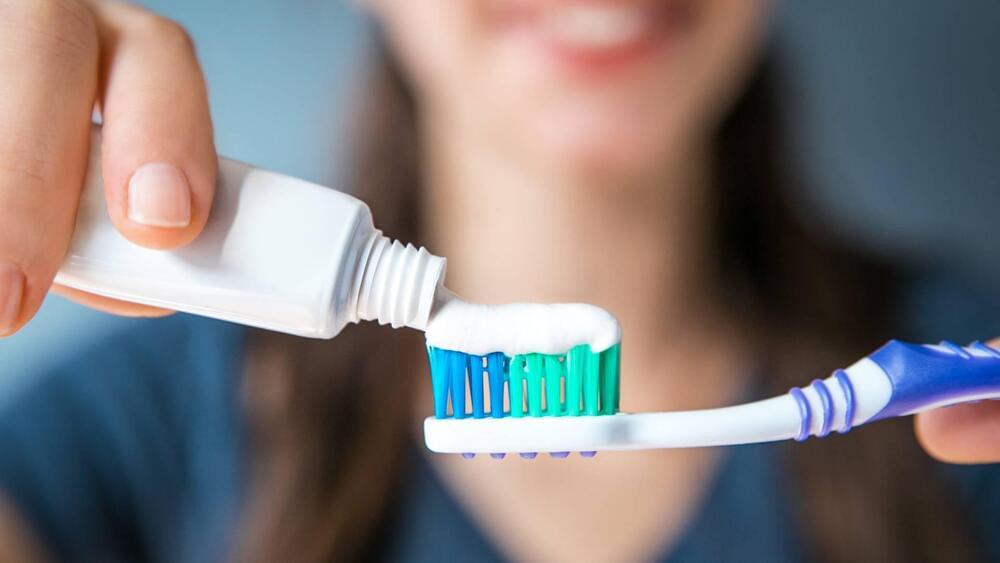Get a blood test, check blood pressure, and swab for aliments — all without a doctor or nurse.
Adrian Aoun, CEO and co-founder of Forward Health, aims to scale healthcare.
Adrian Aoun, CEO and co-founder of Forward Health, aims to scale healthcare. It started in 2017 with the launch of tech-forward doctor’s offices that eschewed traditional medical staffing for technology solutions like body scanners, smart sensors, and algorithms that can diagnose ailments. Now, in 2023, he’s still on the same mission and rolled up all the learnings and technology found in the doctor’s office into a self-contained, standalone medical station called the CarePod.
The CarePod pitch is easy to understand. Why spend hours in a doctor’s office to get your throat swabbed for strep throat? Walk into the CarePod, soon to be located in malls and office buildings, and answer some questions to determine the appropriate test. CarePod users can get their blood drawn, throat swabbed, and blood pressure read – most of the frontline clinical work performed in primary care offices, all without a doctor or nurse. Custom AI powers the diagnosis, and behind the scenes, doctors write the appropriate prescription, which is available nearly immediately.
The cost? It’s $99 a month, which gives users access to all of the CarePods tests and features. As Aoun told me, this solution enables healthcare to scale like never before.
